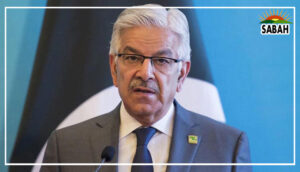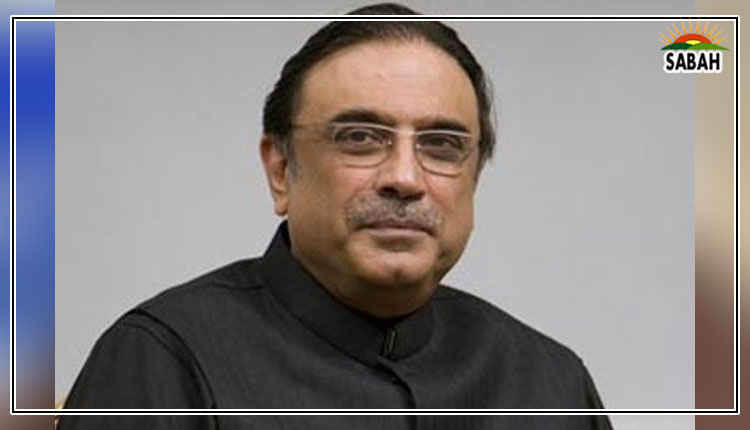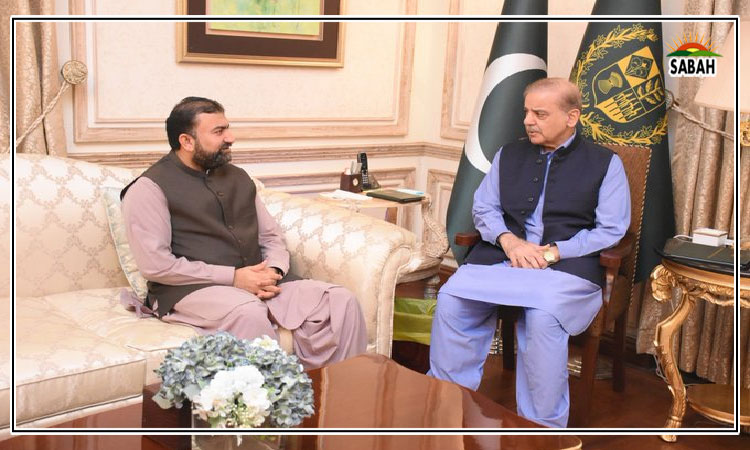Paper cuts ۔۔۔۔۔ Muna Khan
I AM not alone in worrying about the future of journalism. I learned this in my conversations (in person and online) with journalism instructors in the US, Canada and Armenia. Then there are the many conversations I have with my friend, ZB, a journalist and media instructor in Karachi: how do we get young people to read the paper or how can the mainstream media reduce the trust deficit with its audience? What will happen to journalism as the government doubles down on its efforts to tighten a muzzle on us?
Instructors and practitioners in the US, for example, have plenty of reason to worry because it’s been a terrible year with layoffs at Los Angeles Times, Vice, Deadspin, to name a few. Northwestern University, my alma mater, estimates that by year’s end, the country may lose one-third of all its newspapers and two-thirds of all its newspaper staff since 2005. They say this will increase news deserts across the US.
Where will people turn to for news then?
Many news outlets in the US were bought by Big Billionaire Businesses which seem to employ a similar strategy: buy distressed newspapers for cheap, lay off staff and then earn profit from papers’ advertising revenues.
In its reporting in 2020, Vanity Fair referred to one New York-based hedge fund — which owned among many papers the LA Times until it was bought by biotech billionaire doctor Patrick Soon-Shiong in 2018 — as a “vampire that bleeds newspapers dry”.
Today, ‘journalist’ has been replaced with ‘content manager’.
It wasn’t always like this, but at least in the US, newspapers were owned by a small group of families because they were good investments. The decline began with the disruption caused by the internet and then the 2009 recession. Some papers struggled more because they invested in print rather than digital. “When the time came to ask people to pay for content,” one editor told Vanity Fair, “it came at the same time when the content had been diminished. That kind of set the table.”
This is true for media in Pakistan where I only know of Profit magazine that has a paywall and subscribers, allowing them to practice independent journalism.
Big Billionaires who invested in failing newspapers did so because they were “looking for profit maximisation over the next few years” as the editor said. When the quest is for profit, reporting will fall by the wayside. Today, ‘journalist’ has been replaced with ‘content manager’.
Big Billionaires don’t put money back into the paper and if they do, it is often at the cost of local journalism. The world’s third richest man, Jeff Bezos owns the Washington Post, which he bought for $250m in 2013, made it profitable but then a decade later laid off 240 staff members. The New York Times bought the Boston Globe for a whopping $1.1bn in 1993 but sold it for $70 million in 2013 to John Henry, a billionaire who owns a baseball team. He claims the paper has been profitable since 2018, but this is disputed by media insiders who say “the billionaires who wanted to save the news industry are losing a fortune”.
The idea that benevolent billionaires will save journalism is flawed. Also, rich men buying media don’t adhere to newspapers’ principle: holding the powerful to account.
Who then is left to be the country’s — and communities’ — watchdog? Vloggers whose motivation is solely to earn money off the audiences they lure in with their ‘journalism’? The disinformation machinery in Pakistan is truly mind-boggling and I’m curious to see whether the new defamation law will help calm the storms created by some of these vloggers.
The problem is the media industry hasn’t figured out a way to create a business model that is not dependent on the market — advertising, subscriptions, etc. (There are exceptions like The New York Times and Wall Street Journal.)
We face new challenges in how to get quality journalism out to audiences. This requires new thinking: whether it is treating journalism as a public good, non-profit journalism, journalist owned co-operative models. This means rethinking journalism as something that just can’t be monetised. This is why we should support calls for a robust public media system that receives funding but is independent and produces quality journalism for the sake of public good.
So far, we’ve seen governments in power use PTV, for example, as a loudspeaker to advertise their policies and quash dissent. This is not the model Pakistanis deserve.
It may seem rich (pardon the pun) of me to demand a poor government create a fund for public media even though it has the funds for lavish renovation projects. But until then, I hope you will be wary of billionaires buying media everywhere. What is their motive? Surely, it is not our well-being and right to information in a fair manner.
The writer is an instructor of journalism.
X: @LedeingLady
Courtesy Dawn, June 2nd, 2024












